Formative Assessments Teaching Resources
Make formative assessment easy this school year with printable exit tickets, self-assessment cards and more teacher-created resources for your primary classroom.
Each formative assessment printable or digital resource in this collection has undergone a careful review by one of the expert teachers on the Teach Starter team to ensure it's ready for your classroom and your students!
Curious about how to make formative assessments effective in your classroom? Read on for a primer from our teacher team!
What Is a Formative Assessment?
Formative assessment is a method of monitoring your students’ learning in the midst of your lessons. Because the goal is simply to assess if your students understood the lesson — and if you need to make adjustments in your teaching — there's no marking required.
This assessment type stands out from summative assessments, which are typically subject to marking. Summative assessments occur at the end of a learning progression and are solely focused on evaluating content mastery.
Why Are Formative Assessments Important?
When it comes to assessing students, formative assessments are a crucial tool in any teacher's toolbox because they give you a chance to provide feedback or make adjustments to your teaching quickly, and they come in handy for both you and your students.
As a teacher, a formative assessment helps you see where students might be struggling and address the problem immediately. For students, these brief knowledge checks help them identify their own weaknesses and ask for help.

Use our sticky note template to print lines on sticky notes for students to fill out a simple assessment with some details about what they've learned.
How to Make Your Formative Assessments Effective
Want to get the most out of your formative assessments? In addition to the countless assessment tools in this collection, our teacher team has created a list of ideas to help you enhance their effectiveness.
- Keep it simple. You don't have to reinvent the wheel to assess students' basic understanding. Something as simple as just one or two questions on the main point of the lesson can be incredibly effective!
- Add these assessments to your classroom routines. In addition to being simple, these assessments should not take up a lot of class time. Establishing a system and routine for different content will allow you to get the assessment done and move on to the next item on your classroom schedule in a timely manner.
- Don't take it personally. When students hand back an assessment that indicates your lesson did not come across the way you'd hoped, it can feel like a major letdown. It's important to allow yourself to adapt and learn from the experience rather than taking it personally. Remember that even if one lesson worked last year, you have a whole new set of students with their own individual needs!
- Be flexible. Nothing is more frustrating than having to revisit a lesson when you have so much to do and only so much instruction time. Remember this assessment data is simply making you a better teacher, and it's important to be flexible!
As noted before, these assessments should not be graded and should not carry any significant weight since they’re only part of the learning process! This enables students to answer without fear of penalty, making them substantially more effective.
- Plus Plan
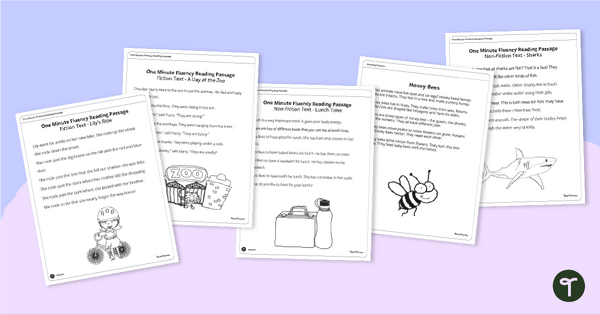
Fluency Reading Passage Pack- Year 1
Assess student fluency with a printable pack of reading fluency passages for Year 1.
- Plus Plan
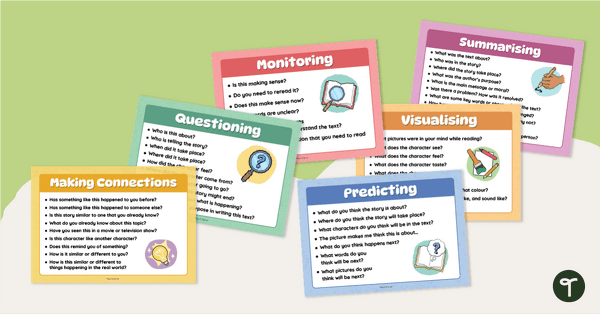
Reading Comprehension Question Stems - Super Six Reading Strategies
Enhance instruction on the six reading comprehension strategies with our printable Reading Comprehension Question Stems Chart Pack.
- Plus Plan
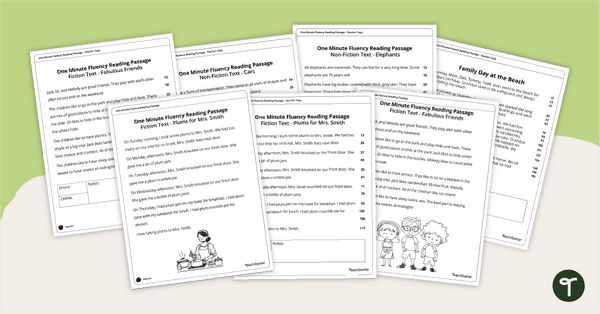
Fluency Reading Passages (Year 2)
Download a printable pack of Year 2 reading fluency passages with a printable ORF assessment pack.
- Plus Plan
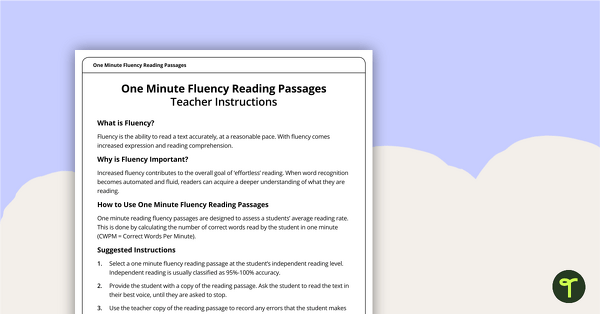
Year 4 Reading Fluency Passages
Assess student fluency with a printable pack of Year 4 reading fluency passages.
- Free Plan
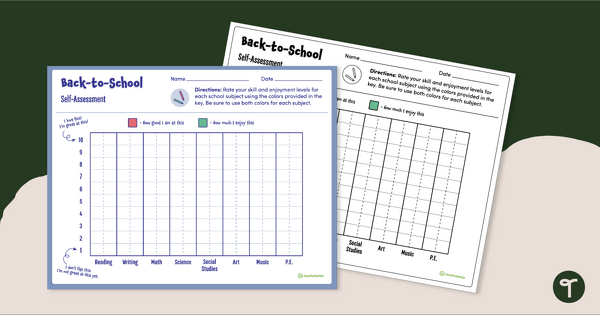
Student Self-Assessment Template
Get to know your students a bit better on the first day with a printable student self assessment.
- Plus Plan
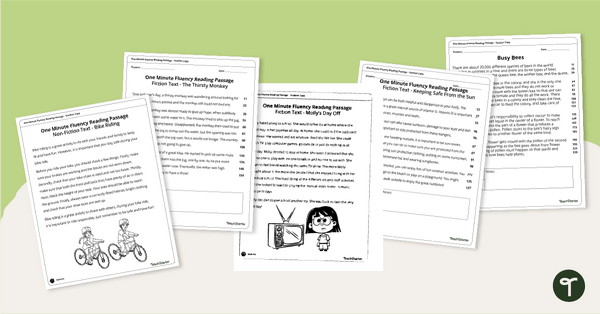
Fluency Reading Passages - Year 5
Assess student fluency with a printable pack of reading fluency passages for Year 5.
- Plus Plan
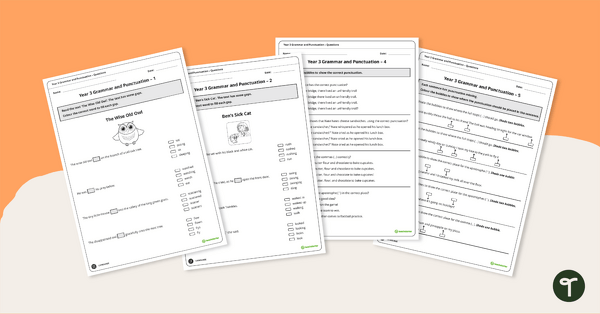
Grammar and Punctuation Assessment Tool – Year 3
A set of 5 grammar and punctuation assessment tools suited to Year 3 students.
- Plus Plan
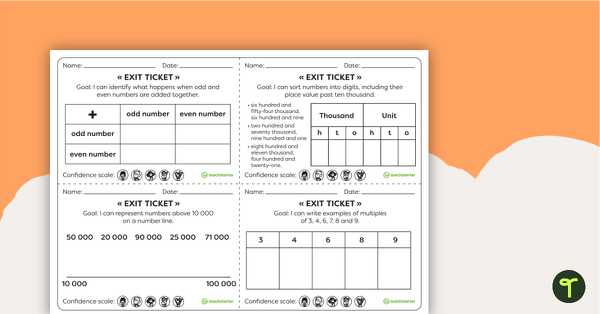
Year 4 Numeracy Exit Tickets – Worksheets
24 Numeracy Exit Ticket activities for students to provide evidence of their learning progress.
- Plus Plan
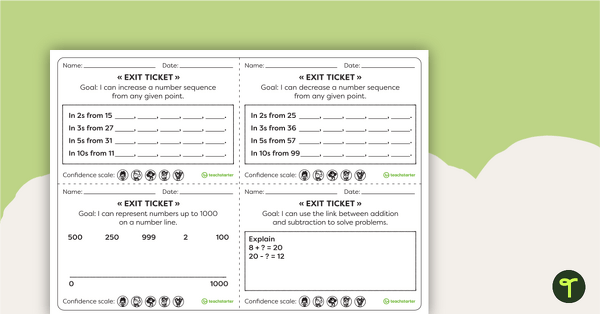
Year 2 Numeracy Exit Tickets – Worksheets
35 Numeracy Exit Ticket activities for students to provide evidence of their learning progress.
- Plus Plan
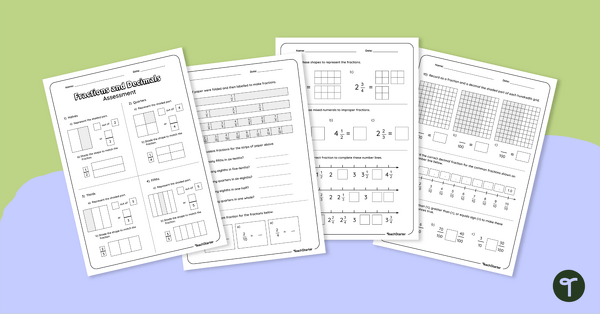
Fractions and Decimals Assessment
Assess students' knowledge of various decimals and percentages concepts with this four-page worksheet.
- Plus Plan
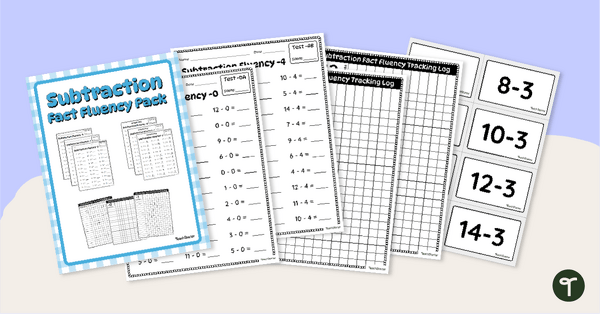
Subtraction Fact Fluency Assessments
Assess and track subtraction fact fluency with a printable Number Facts Fluency program for subtraction.
- Plus Plan
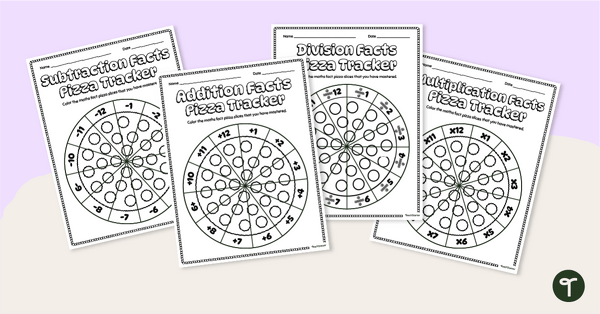
Pizza Maths Fact Fluency Trackers
Motivate and inspire students to learn their maths facts with printable maths fact fluency trackers.
- Plus Plan
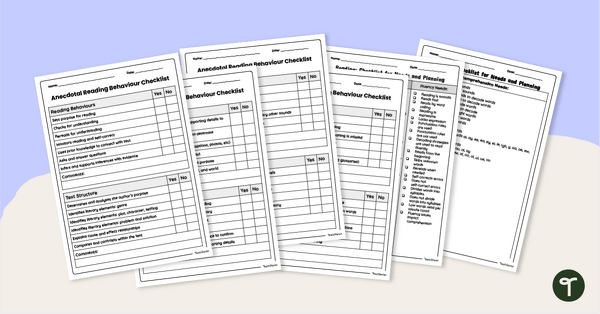
Anecdotal Observation Checklist - Reading Behaviours
Observe student reading behaviours and easily take notes with an Anecdotal Record Note-Taking Template.
- Free Plan
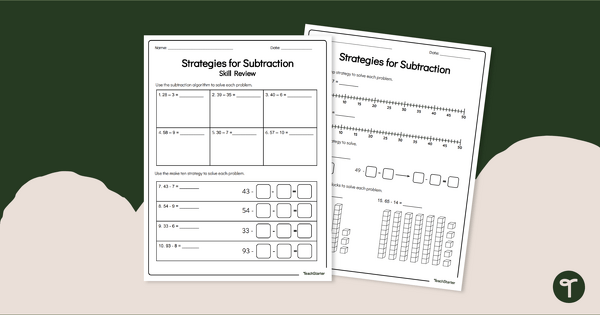
Subtraction Strategies – Assessment
Assess your students’ knowledge of subtraction strategies with a subtraction assessment.
- Plus Plan
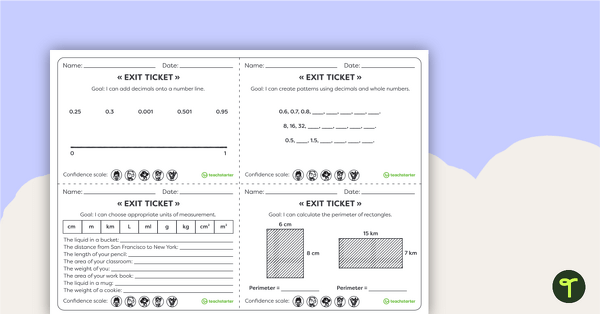
Year 5 Numeracy Exit Tickets
20 Numeracy Exit Ticket activities for students to provide evidence of their learning progress.
- Plus Plan
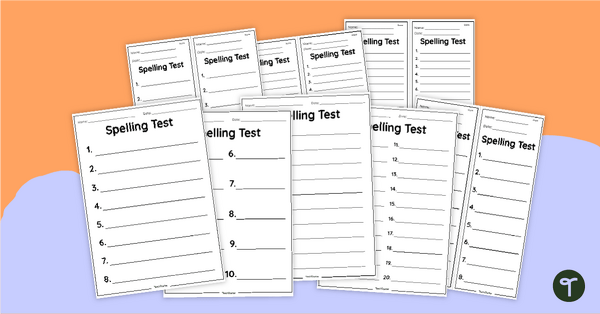
Spelling Test Template Pack
Make those Friday spelling assessments easier with a pack of printable Spelling Test Templates!
- Plus Plan
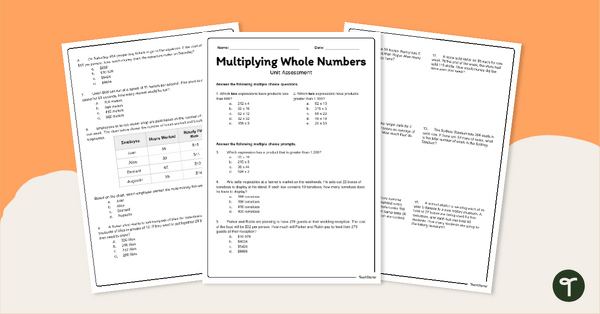
Year 5 Maths Test - Multi-Digit Multiplication
Assess your students' skills with multiplying whole numbers using a printable Year 5 Multiplication Test.
- Plus Plan
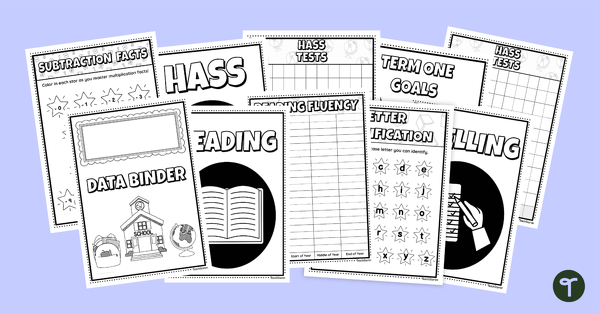
Student Data Trackers Folder
Keep track of student progress with our data binder template pack for lower years.
- Plus Plan
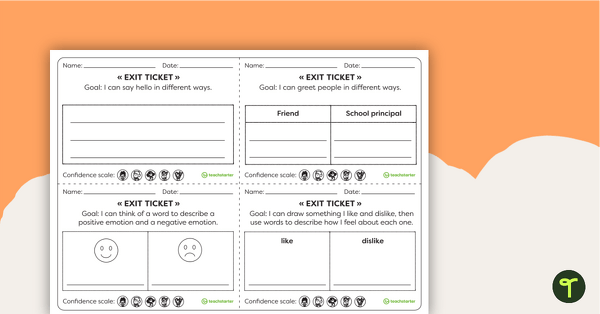
Foundation Literacy Exit Tickets – Worksheets
31 Literacy Exit Ticket activities for students to provide evidence of their learning progress.
- Plus Plan
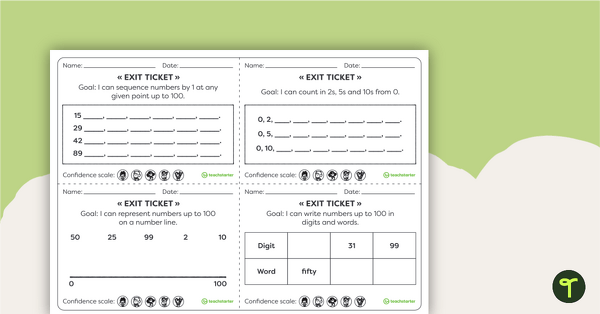
Year 1 Numeracy Exit Tickets – Worksheets
18 Numeracy Exit Ticket activities for students to provide evidence of their learning progress.
- Plus Plan
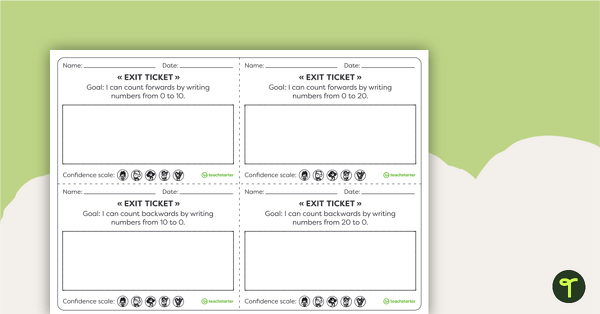
Foundation Numeracy Exit Tickets – Worksheets
18 Numeracy Exit Ticket activities for students to provide evidence of their learning progress.
- Plus Plan
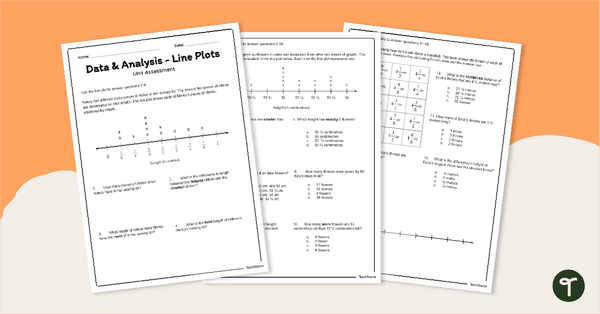
Line Plots / Dot Plots - Year 5 Assessment
Assess student understanding of reading and creating dot plots/line plots with a printable assessment for Year 5.
- Plus Plan
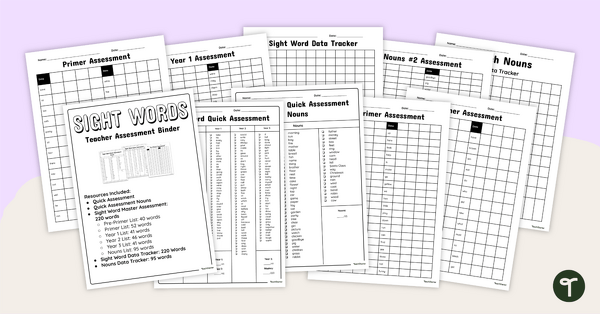
Literacy Teaching Toolkit - Sight Word Assessments
Track Dolch sight word mastery with this set of printable assessments and data sheets to add to your literacy teaching toolkit.
- Plus Plan
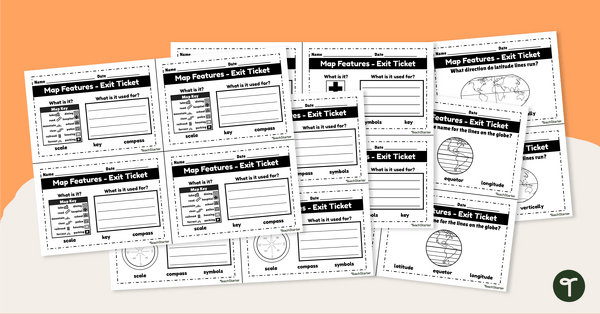
Features of Maps - Exit Tickets
Assess student map and globe skills with twenty exit ticket worksheets.
- Plus Plan
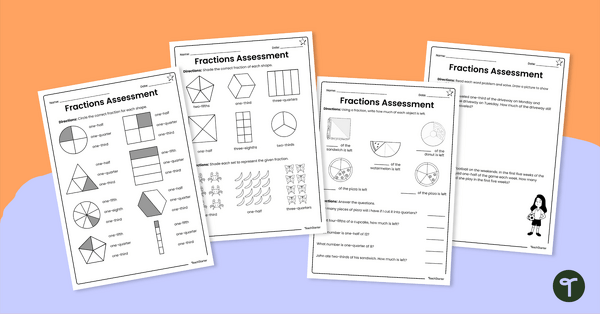
Year 3 Fractions – Differentiated Assessment
Use this differentiated fractions test for year 3 to assess concepts such as identifying fractions, using fraction models and determining the fraction of a set.
- Plus Plan
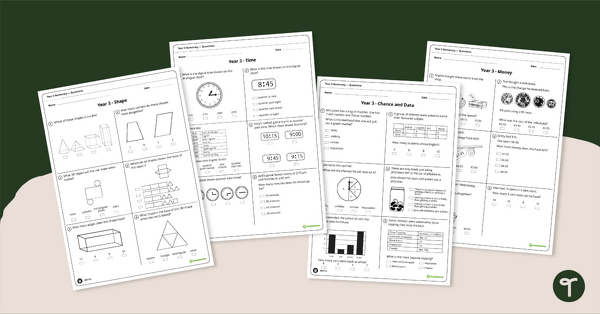
Numeracy Assessment Tool for Year 3
A set of 6 numeracy assessment tools suited to Year 3 students.
- Plus Plan
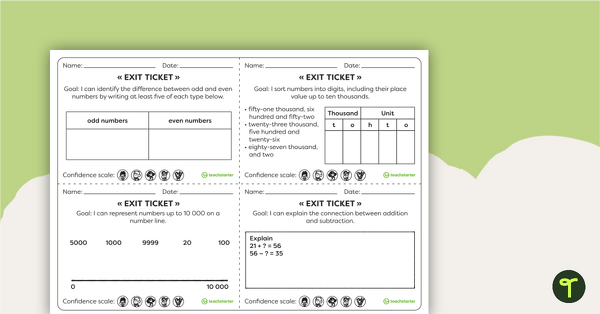
Year 3 Numeracy Exit Tickets
21 Numeracy Exit Ticket activities for students to provide evidence of their learning progress.
- Plus Plan
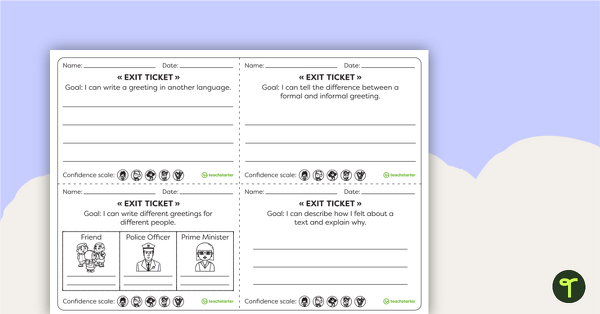
Year 2 Literacy Exit Tickets – Worksheets
25 Literacy Exit Ticket activities for students to provide evidence of their learning progress.
- Plus Plan
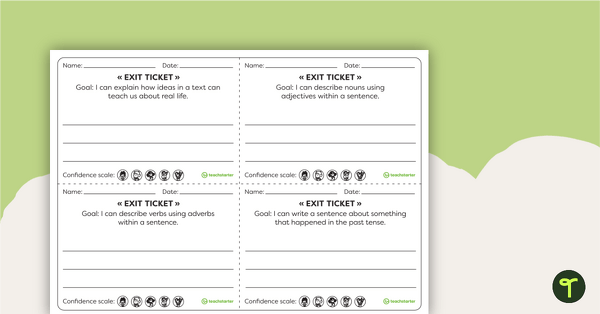
Year 3 Literacy Exit Tickets – Worksheets
16 Literacy Exit Ticket activities for students to provide evidence of their learning progress.
- Plus Plan
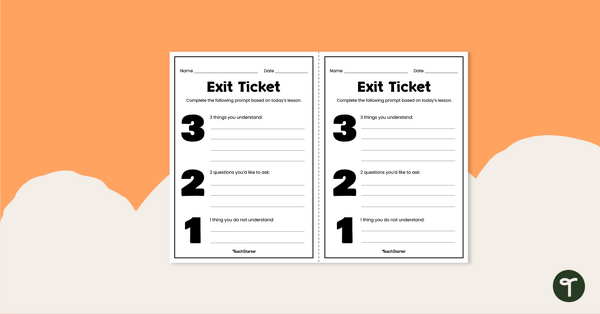
3-2-1 Exit Ticket Template
Test your students' knowledge at the end of class with this 3-2-1 exit ticket template.
- Plus Plan
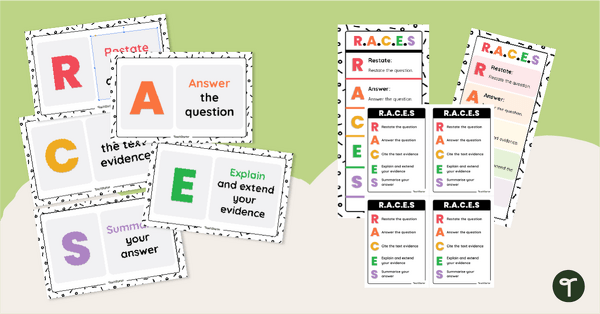
R.A.C.E.S Writing Strategy Checklists & More
Help your students write quality constructed responses with printable R.A.C.E.S. writing checklists.
- Plus Plan
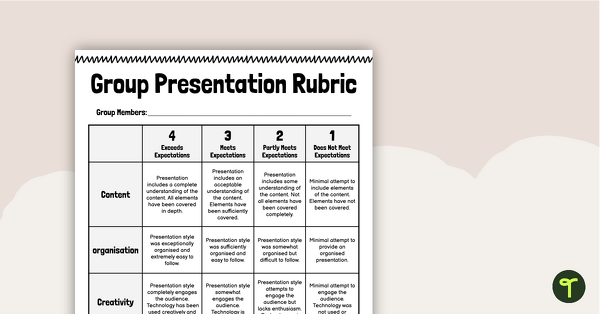
Group Presentation Rubric
Make marking for group presentations a breeze with a printable Group Presentation Rubric.